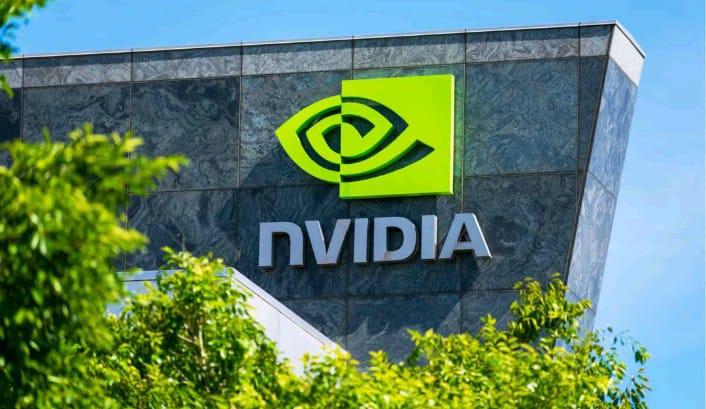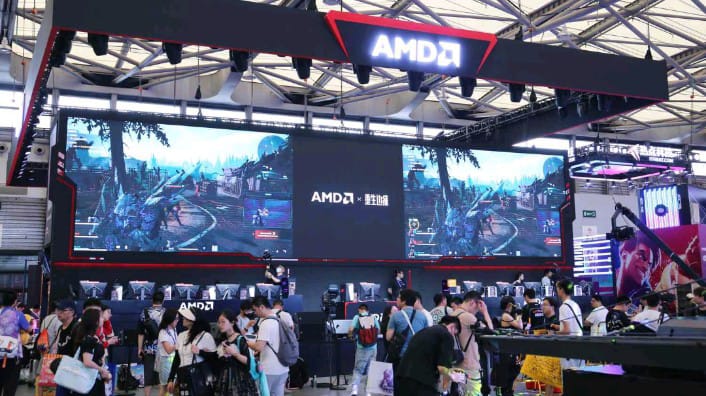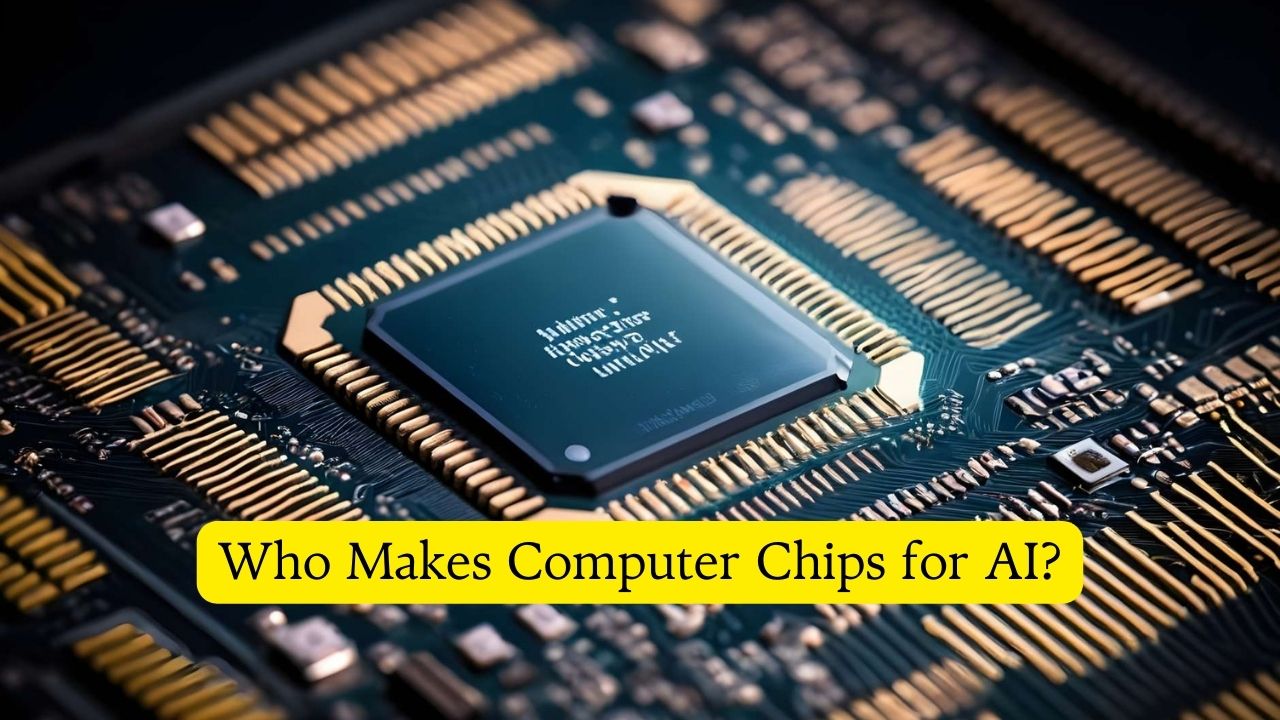Who Makes Computer Chips for AI- Artificial Intelligence (AI) has changed various aspects of our lives. From virtual assistants like Siri and Alexa to self-driving vehicles. But the complex technology behind AI requires computer chips specifically designed for AI workloads. In this detailed guide, we’ll take an overview of the major companies making AI chips and their contributions to advancing AI.
What are AI chips and why are they important
AI chips are hardware components that are purpose-built for the intensive computations required for AI, such as machine learning, neural networks, computer vision, and natural language processing. Unlike normal computer chips optimized for general tasks, AI chips are specifically set up for the parallel processing and matrix mathematical operations involved in AI algorithms.
AI chips increase the throughput, latency, power efficiency, accuracy, and scalability of AI systems. Their specialized processing capabilities enable faster model training and inference. Without AI chips, most modern AI systems would not be viable or economically viable. As AI expands into new domains such as autonomous robots, predictive analytics and conversational AI, the demand for AI chips is increasing rapidly.
Top AI chip manufacturing companies powering the AI revolution
Recently the AI chipset industry has witnessed huge growth and intense competition. Both major tech giants and startups are investing heavily in this sector. Here are some of the major companies manufacturing AI chips:
Nvidia – leader in AI accelerators

Nvidia with its GPUs is a major player in AI chips powering many AI initiatives across multiple industries. The Nvidia A100 Tensor Core GPU delivers unprecedented performance with AI training speeds up to approximately 25 times faster than the previous Nvidia chip. Major cloud service providers such as AWS and Microsoft Azure use Nvidia GPUs for AI development. Top tech firms like Google, Facebook and Baidu also use Nvidia chips to power their AI products.
Intel – Pushing CPU limits with AI Accelerator

Intel is improving CPU technology for AI workloads with new capabilities like deep learning boost instruction sets on its Xeon Scalable processors. Intel also acquired AI chip startup Habana Labs in 2019. Habana’s Gaudi training processors deliver 4x faster throughput for large AI models compared to GPUs. Intel’s AI chips are widely adopted in research laboratories and data centers.
Google – Custom AI chip for its services

Google has developed custom AICs such as Tensor Processing Units (TPUs) to accelerate AI in its services such as search, image recognition and language translation. TPU has brought major improvements to Google services by enabling complex neural networks. The latest TPUv4Pod system achieves 1 exaflops processing power. Google also offers Cloud TPU on Google Cloud for developers.
AMD – GPU and CPU innovations for AI

AMD is giving tough competition to Nvidia and Intel with its continuous GPU and CPU innovation. AMD MI200 Series GPUs take advantage of the enhanced Matrix Engine and multi-die chiplet design that accelerates AI workloads. On the CPU side, AMD EPYC processors include AI co-processors to handle faster vector workloads. The top supercomputers in the US and Europe are powered by AMD chips optimized for AI.
Qualcomm – Pushing AI to the Edge
Qualcomm is leading the way in innovation on AI on devices with its Snapdragon mobile chipsets that integrate AI accelerators. Qualcomm’s Hexagon processor optimizes power efficiency for continuous AI processing on smartphones and edge devices. Qualcomm also acquired AI chip startup Cloud AI in 2021. By supporting AI on devices, Qualcomm has reduced latency, cost, and connectivity dependency for AI applications.
IBM – pioneer of AI hardware and software
IBM is advancing enterprise AI through the integration of optimized systems that include its power CPUs, GPUs, and software. IBM’s Power10 CPU comes with a built-in AI acceleration engine that delivers approximately 5x faster performance for inference than the previous chip. IBM provides ready-to-use AI solutions by integrating its hardware and software innovations such as through IBM Watson. IBM also provides the most powerful supercomputers for AI research like Summit.
Huawei – heavy investment in AI chip
Chinese tech giant Huawei has been aggressively developing AI chips to power its products and services. Huawei’s Ascend 910 chip is twice as powerful as Nvidia’s V100 for data centers. For edge devices, Huawei has Kirin AI chips that integrate AI processing into its smartphone SoCs. Huawei is actively cultivating an ecosystem for its AI chips in China through its cloud and developer initiatives.
Conclusion
As AI becomes ubiquitous, the demand for AI hardware is increasing. AI chipsets have to be optimized for various parameters like speed, accuracy, latency and cost depending on the use case. Chips dedicated to AI will be key to the new amulet.
The companies manufacturing these chips will play an important role in making advanced AI accessible and affordable. We are still in the early stages of the AI revolution. With rapid advancements in AI algorithms and specialized hardware, AI is set to change our world in exciting ways in the future.
 Skip to content
Skip to content










